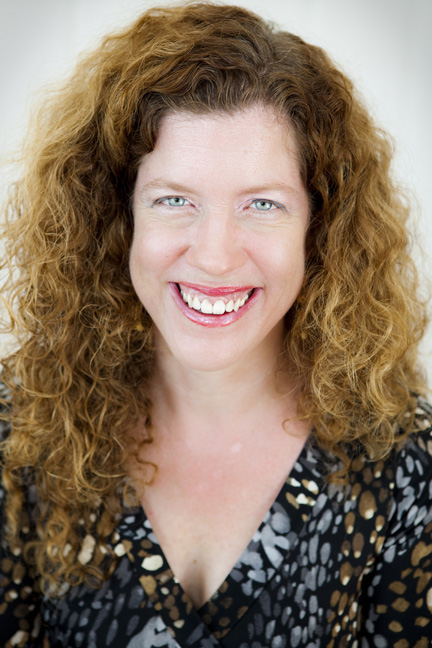This post is a bit different than my usual articles. I’m going to be sharing my process with you because I went through major, multiple losses in my life and I thought that if I share my process, this may help you, too.
In this post, I’ll be exploring the themes of loss and life transition, and the grief that accompanies that experience. When we talk about grief, we usually think of someone passing away. But in fact, grief is a natural and normal part of any big loss. This post will focus on the grieving and mourning process of “other” losses too, and help you figure out how you can still run your personal life and your work life when you feel overwhelmed by loss… it won’t just focus on death and dying. It will try to answer the question…
How do you honor your losses and move forward at the same time?
Before I dive in, I want to be boldly transparent with you. Whenever I write articles, I usually feel like I have to have the answer all tied up with a bow but this post will be different. I don’t really have a clear-cut, easy answer on how to deal with transition and loss. I’m writing this because I’m experiencing multiple major losses in my life right now, and I’m going to be sharing my process with you in hopes that it helps you move forward and not feel so alone. I also want to put it out there and hear from you, readers, how you deal with loss and what transitions you go through that perplex you and how you deal with them, so we can help each other as a community.
My Story
As I begin, it’s important to understand something about me. My community – friends, neighbors, family, social support systems – are the most important thing in my life. I need them to survive and thrive. And when someone exits my community for whatever reason, it impacts me. Hard.
So here’s what I faced. In one month, I had five friends move or announce they were moving. I faced the issue of having to cope with the grief of the loss because when people move far away they tend to phase out of your life and then, you have a hole you have to fill. It feels like an emptiness. You also have the issue of dealing with that feeling of emptiness when you need to get work done, which I think we all know, isn’t easy.
So there I was, in somewhat of a shocked and numb state – processing the fact that I was soon going to be losing five friends that were dear to my life. I tried to understand what that meant for my community… and how to grieve that loss… and how to honor my friendships with these people while they were still here. All while trying to focus on my business and get work done.
Honor Your Feelings
One aspect of grief is to honor your feelings. This is something I’m still learning to do.
Sometimes I think reading a blog and hearing other people’s experience validates your feelings. If you’re struggling to accept a loss and transition, it’s normal… it’s part of life. So I want to share with you how I reacted when a friend recently told me he was moving away.
Here is an example of how I dealt with the feelings. I don’t necessarily think it was the best way but it was important to me to honor my feelings in the moment. I’m learning that even though I’m not an emotional personal, my husband told me I need to cry more and not hold it in. We went to dinner with my good friend and renter. A few minutes into dinner he laughed and said, “If you wondered why I called us all together, I wanted to let you know I’m moving to Canada”. I thought he was joking and laughed along with him. Then, he stopped laughing. I realized he was serious and I sat there in shock. I was quiet for quite a while, listening to them talk about his plans like it was no big deal.
My old self would have just pretended I was okay and put on a cheery face. This time, I thought about it for a few minutes and realized that I couldn’t pretend this time. I was sad and couldn’t hide it. I said, “I think I’m going to take an Uber home. I just need to be by myself right now”. This decision was about honoring what I needed in the moment. I gave my friend a hug – the other people at dinner stayed and I wished them well. I went home for some alone time to process what I was just told.
Once I got home, I put on some mellow music, went into my favorite part of the house and just started to cry. I didn’t even understand why I was crying… I just knew that I was feeling so many emotions and I had to let them out. A short while later my husband and daughter got home. I could tell they were concerned about me, but could also sense that they didn’t quite “get” why I was so upset. “That’s okay…” I thought to myself… “They don’t have to understand.”
The reason I’m sharing this story is to let you know that I didn’t know if I was doing the “right” thing or not. But in that moment, “right” and “wrong” didn’t matter.
In that moment I needed to listen to my intuition and take care of myself, and self-care is about listening to what you truly need, not about judging if it’s right or wrong.
The next morning, after looking back, I was happy that I listened to my intuition and honored my process, rather than stifling it to put on a cheery face. Research shows that there is a strong correlation between stifled emotions and illness. One of the things I teach my clients is to recognize and express painful emotions like grief in an adaptive way; I figured I should do that for myself as well. What I’ve learned in this journey of grief is to honor the emotions as they arise and be gentle with yourself.
I’d love to hear your stories of how you’ve coped with loss, such as people moving or similar losses. Comment below and let me know your story.
*Originally published as Loss In Life Part I & Part II on www.drcoxconsulting.com.


